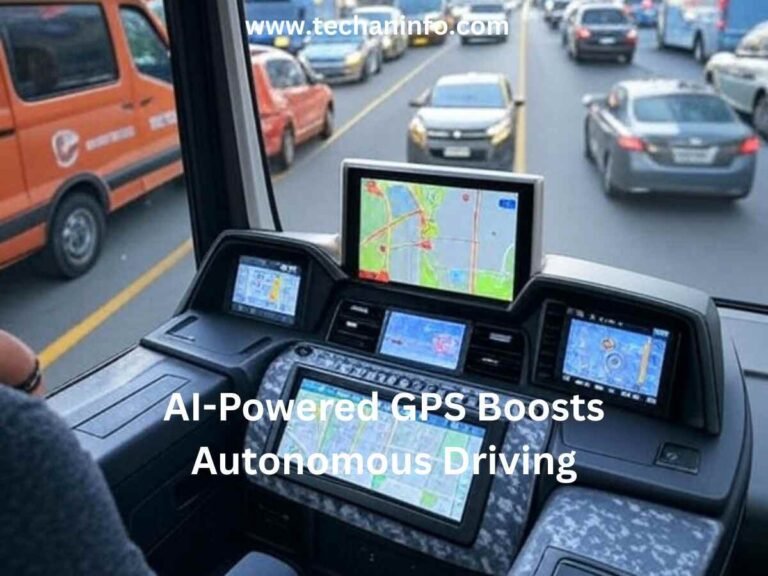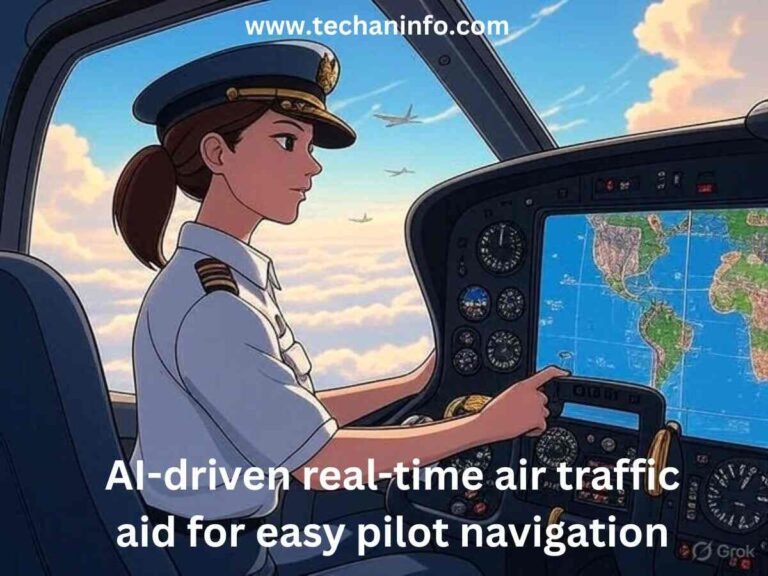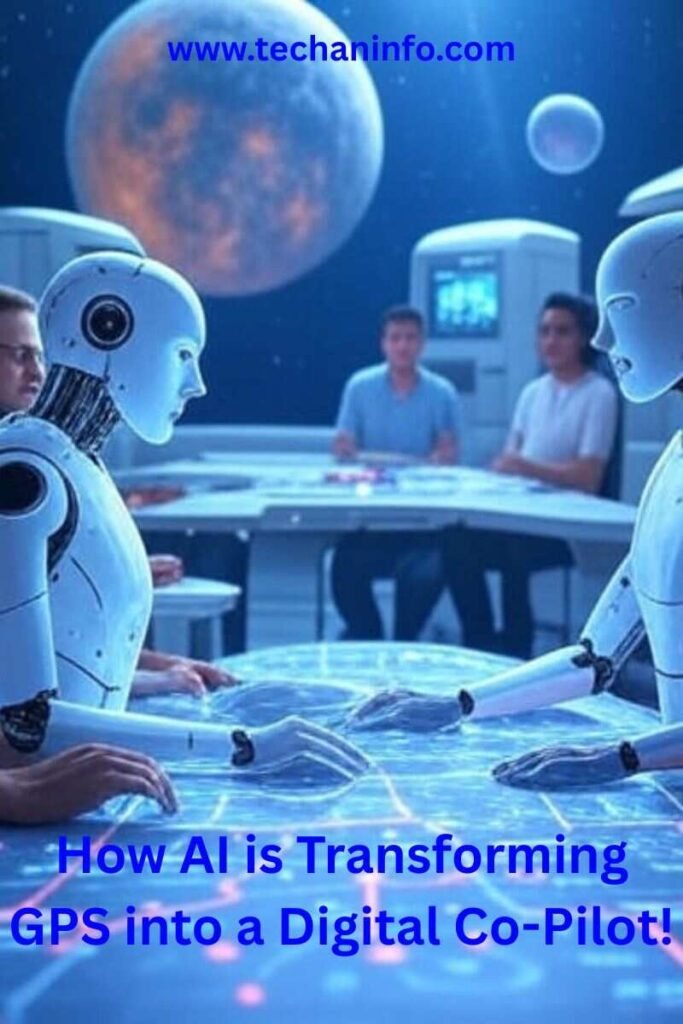Introduction
Lets understand how ai is revolutionizing GPS navigation system. GPS has been a game-changer for getting from point A to point B, but artificial intelligence is taking it to a whole new level.
By crunching massive datasets and making real-time decisions, AI is transforming GPS into a smarter, more reliable tool for navigation. Let’s explore how AI is reshaping GPS systems to make your journeys smoother and more efficient.
Enhanced Accuracy with Machine Learning:
AI analyzes vast amounts of satellite and sensor data to correct GPS errors caused by urban canyons or atmospheric interference.
Algorithms predict signal disruptions, ensuring precise location tracking even in challenging environments.
Example: Google Maps uses AI to refine location accuracy, reducing errors to mere meters.

Real-Time Traffic Optimization:
AI processes live traffic data from vehicles, smartphones, and road sensors to suggest the fastest routes.
Predictive models anticipate congestion based on historical patterns and events like accidents or roadworks.
Result: Drivers save time by avoiding gridlock, as seen in apps like Waze.
Personalized Route Planning:
AI tailors routes to individual preferences, such as avoiding tolls or prioritizing scenic drives.
It learns from user behavior, like frequent destinations, to suggest shortcuts or favorite stops.
Example: Navigation apps now recommend coffee shops or gas stations based on your habits.

Integration with Autonomous Systems:
AI-powered GPS feeds data to self-driving cars, combining with LIDAR and radar for precise navigation.
It enables vehicles to adapt routes dynamically, avoiding obstacles or adjusting for weather conditions.
Impact: Safer and more efficient autonomous driving, as seen in Tesla’s navigation systems.
Energy Efficiency for Electric Vehicles:
AI optimizes routes for EVs by factoring in battery range, charging station locations, and terrain.
Algorithms minimize energy consumption, extending driving range on a single charge.
Example: Rivian’s navigation system uses AI to plan EV-friendly routes.
Crowdsourced Data for Better Insights:
AI aggregates user-generated data, like road hazard reports, to improve map accuracy and safety.
It filters unreliable inputs to ensure trustworthy updates, enhancing the GPS ecosystem.
Benefit: Real-time updates on road closures or construction, keeping maps current.

Challenges to Overcome: Using Ai in GPS navigation system
AI relies on robust internet connectivity, which can be spotty in rural areas.
Privacy concerns arise from collecting user data for personalized routing.
Solution: Advances in edge computing and anonymized data processing are addressing these issues.
Future Potential:
AI could integrate with 5G for faster data processing, enabling ultra-precise navigation.
Augmented reality overlays may guide drivers with visual cues directly on windshields.
Expect smarter GPS systems that anticipate your needs before you even start the car.
Conclusion:
By blending or using strengths of AI with GPS, navigation is becoming not just a tool but a smart companion that anticipates your needs. Want to dive deeper? Check out our articles on AI in autonomous vehicles or challenges in AI navigation for more insights.

